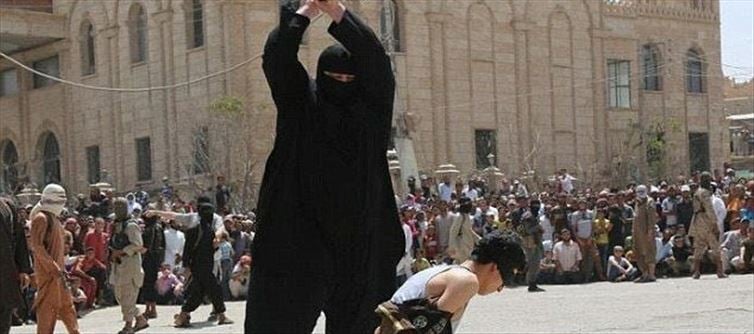
The public beheading of a child, especially for something as innocuous as listening to music, highlights the brutal enforcement of ISIS’s extremist interpretation of Islamic law. Under ISIS's rule, music was banned, and any form of expression or action deemed contrary to its ideology was met with severe punishment. This tragic incident is emblematic of the harsh life people, particularly children and youth, endured under ISIS's occupation, where even small acts of defiance could result in extreme consequences.
Such incidents generated international outrage, further exposing the inhumanity of ISIS’s rule, which regularly employed public executions, fear, and violence to maintain control over territories. Hussein’s death is a stark reminder of the dangers faced by civilians living under extremist regimes.




 click and follow Indiaherald WhatsApp channel
click and follow Indiaherald WhatsApp channel